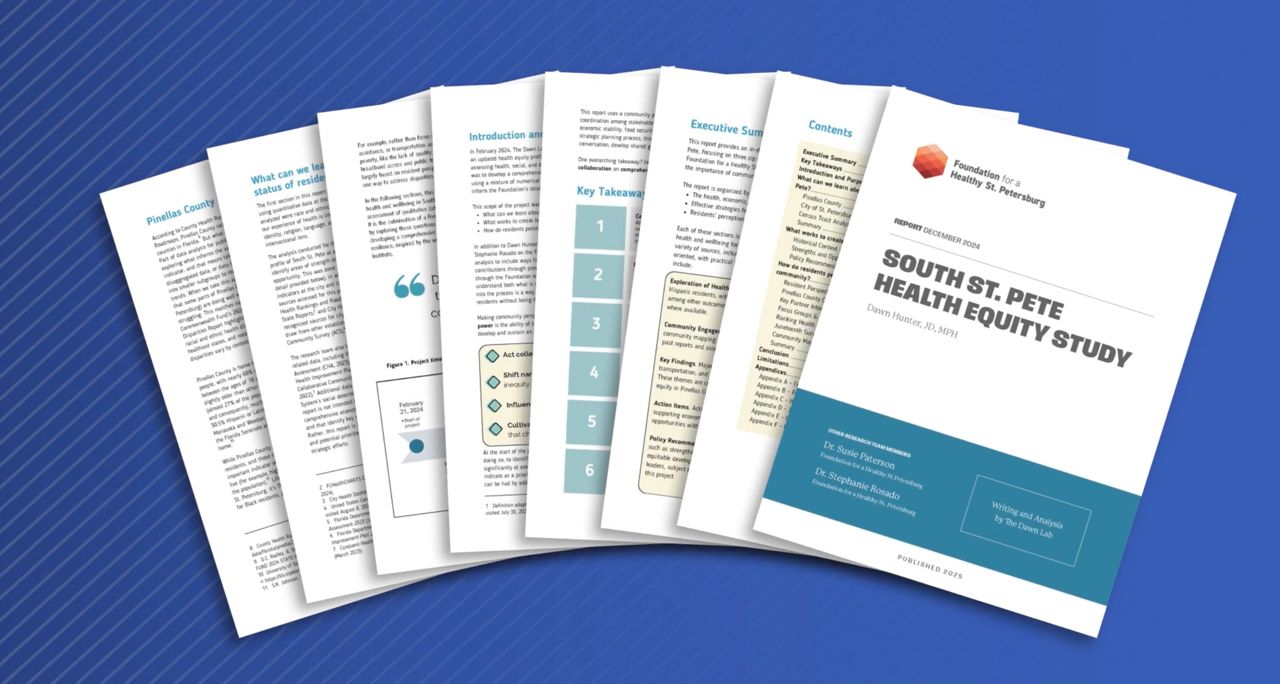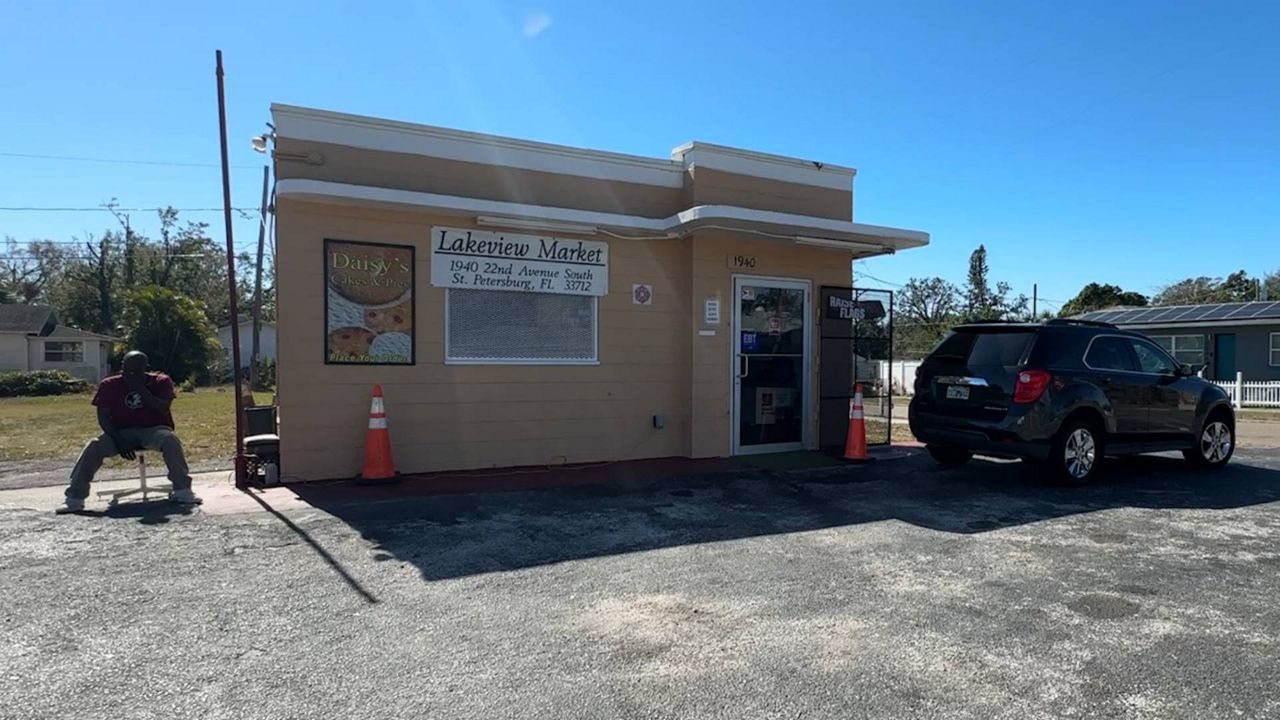TAMPA, Fla. — The Tampa area is no stranger to disasters like hurricanes, tropical storms and tornados.
With the latest storms rolling in and inundating parts of the Bay area with flood waters, there’s a group of emergency managers hard at work to make sure underserved communities aren’t forgotten about.
For one organization, there’s a plan that’s in place to make sure there are a more diverse group of emergency managers with the same objective.
Chauncia Willis-Johnson is the co-founder of the Institute for Diversity and Inclusion in Emergency Management (I-DIEM). The Georgia-based company, which has an office in Tampa, is an organization Willis-Johnson said was desperately needed.
“In emergency management — and I’ve been doing this for a long time — they always told us to do the most for the most, and that in itself is inequitable,” she said. “We have to do the most for those who have the least. When we do the most for the most, we leave a gap.”
It’s a gap that she said impacts the lives of millions of people in underserved and mostly minority communities every year.
“The fallacy is in assuming that everyone recovers after a disaster," she said. "That’s just not true. There’s generational impact in many cases. Financial impacts that can destroy a family."
In many ways, Willis-Johnson said her work is personal.
“I was actually sitting in an emergency operations center after Hurricane Katrina and I heard someone make the comment, ‘If it were me, I wouldn’t give them another dime, all they’re gonna do is buy another 40-ounce with it,’” she said.
Making sure disaster preparedness information is given in different languages for communities, going directly to those hard-hit areas and helping them establish relationships with FEMA and other emergency aid organizations are some of the ways that Willis-Johnson says her organization is helping when disaster strikes.
It’s work that Willis-Johnson said is very intentional, because of the people in a position of power like her.
“We need more people, specifically women and people of color, to become emergency managers, to hold positions of leadership," she said. "Because what happens is that when we don’t have diverse perspectives in the field of emergency management, the outcomes are inequitable."
As Deputy Director of the Tuscaloosa County Emergency Management Agency, Tamara Croom said the work she does in her community is the kind of equity she’s also hoping for.
“When I go into a room full of emergency managers, there aren’t many of Black people, definitely not Black females," she said. "So, I do find myself in the minority — minority the majority of the time."
She also credits scholarships like the one she received from I-DIEM with helping pay for her doctorate degree.
“Receiving the scholarship was a profound honor and a beacon of opportunity for minority students like myself," she said. "I’m passionate about making a difference in the world through emergency management."
For her, recruiting is vital.
“It is crucial to remember that diversity in emergency management brings varied perspectives and experience that can lead to more innovative and equitable solutions to the complex challenges that we face on a daily basis,” she said.
The Institute for Diversity and Inclusion In Emergency Management offers the Julius Becton Scholarship, which is named after the first Black FEMA director. It’s offered every year to students across the country who are pursing a career in emergency management.









